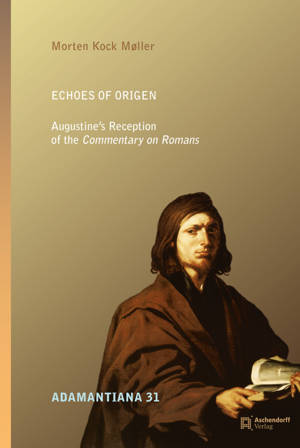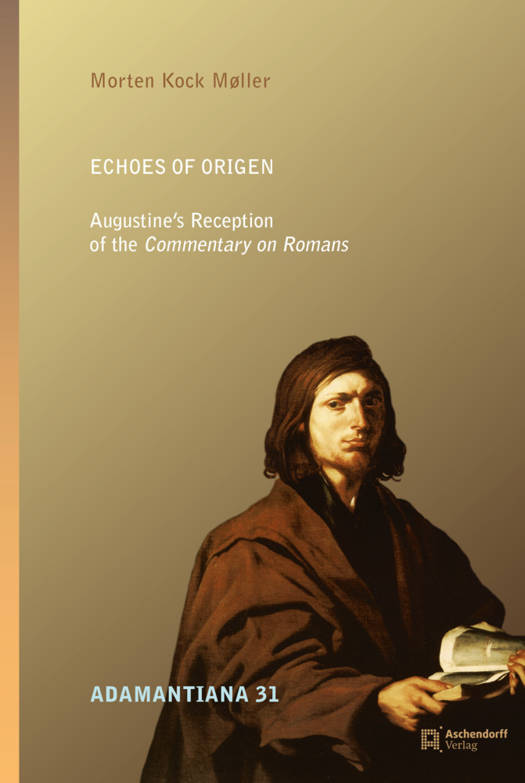
- Afhalen na 1 uur in een winkel met voorraad
- Gratis thuislevering in België vanaf € 30
- Ruim aanbod met 7 miljoen producten
- Afhalen na 1 uur in een winkel met voorraad
- Gratis thuislevering in België vanaf € 30
- Ruim aanbod met 7 miljoen producten
Zoeken
€ 105,45
+ 210 punten
Omschrijving
It is almost impossible to overstate the historical impact of Augustine of Hippo's (354-430) interpretation of the Epistle to the Romans in terms of its repercussions in Western theology. Augustine's exegesis of certain key passages in Paul's letter marked a departure from the views of earlier Christian commentators. Despite being an independent and original thinker, Augustine's exegesis was carried out in an implicit dialogue with influential predecessors such as Origen of Alexandria (185-253/254). This book offers a comprehensive analysis of Augustine's reception of Origen's Commentary on the Epistle to the Romans. Augustine's interaction with Origen's work provides us with a mirror that reflects the theological concerns which informed his reading of the apostolic letter. A common denominator for many of the possible instances of reception is that these elements of exegesis serve to restrict human freedom in one way or the other. Augustine is happy to follow Origen's interpretation of Romans whenever he grants that complete freedom is unattainable in this earthly life owing to the negative influence of sin. In particular, the harmful consequences of Adam's transgression inhibit the free choice of his descendants. Certain statements in Origen's Commentary were thus appealing to Augustine because they could be used in support of his preconceived notion of original sin.
Specificaties
Betrokkenen
- Auteur(s):
- Uitgeverij:
Inhoud
- Aantal bladzijden:
- 286
- Taal:
- Engels
- Reeks:
- Reeksnummer:
- nr. 31
Eigenschappen
- Productcode (EAN):
- 9783402137758
- Verschijningsdatum:
- 15/07/2024
- Uitvoering:
- Hardcover
- Formaat:
- Genaaid
- Afmetingen:
- 160 mm x 22 mm
- Gewicht:
- 988 g

Alleen bij Standaard Boekhandel
+ 210 punten op je klantenkaart van Standaard Boekhandel
Beoordelingen
We publiceren alleen reviews die voldoen aan de voorwaarden voor reviews. Bekijk onze voorwaarden voor reviews.







